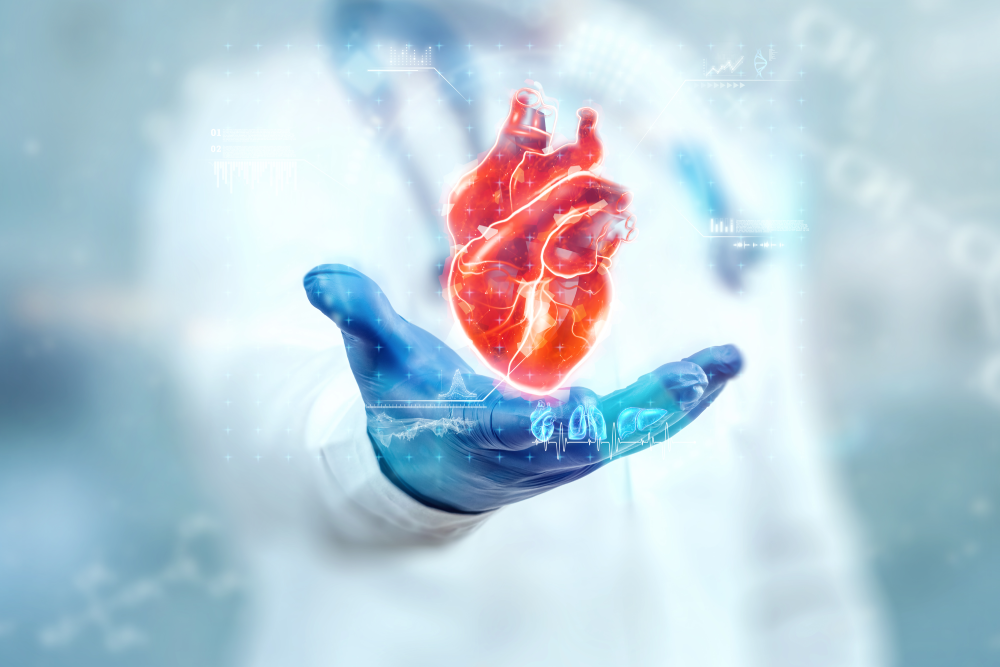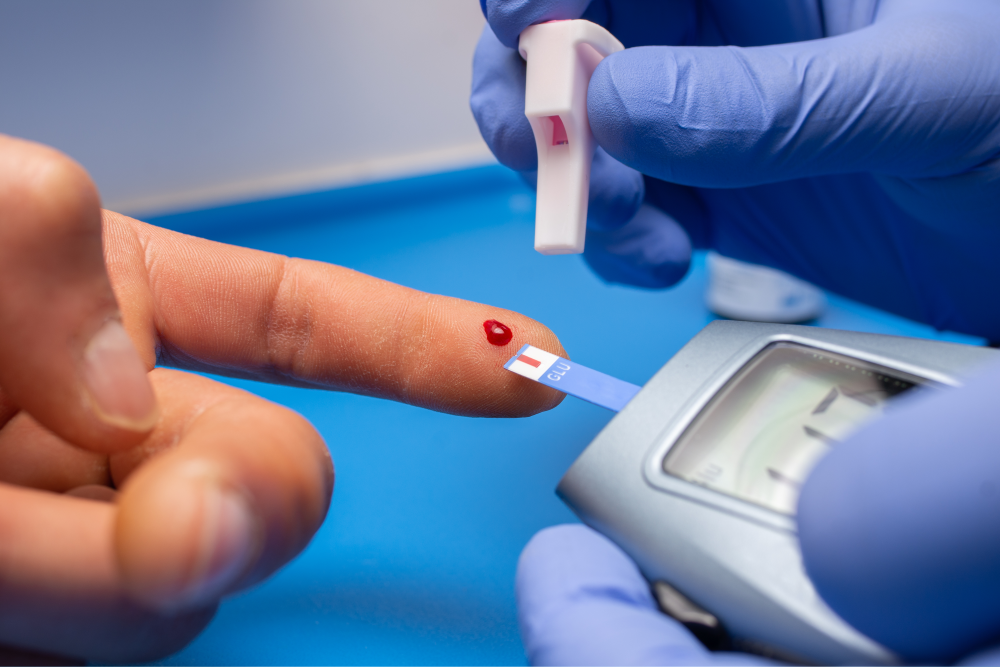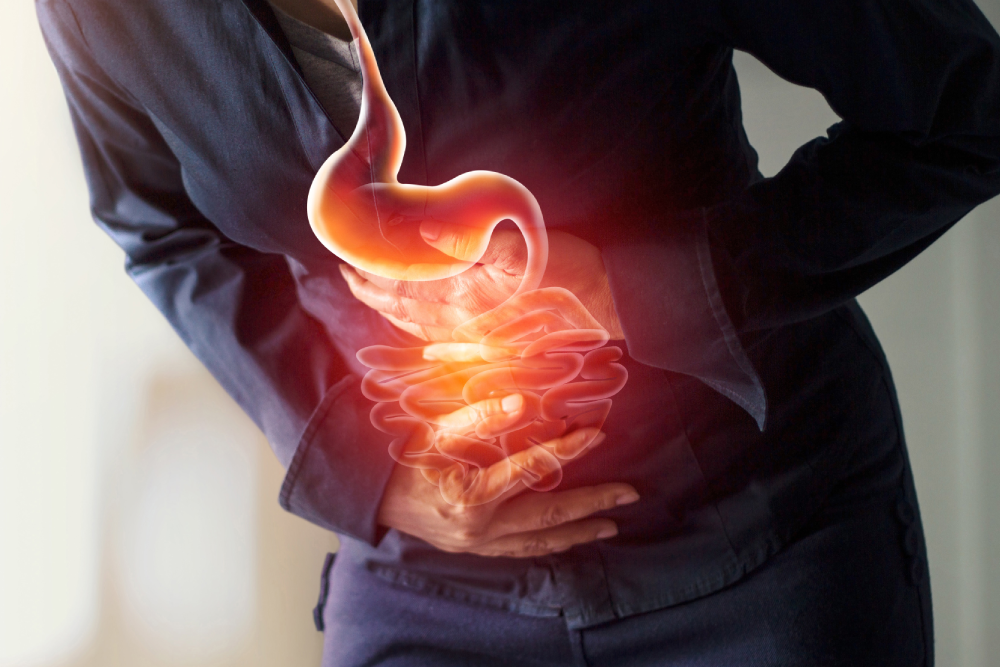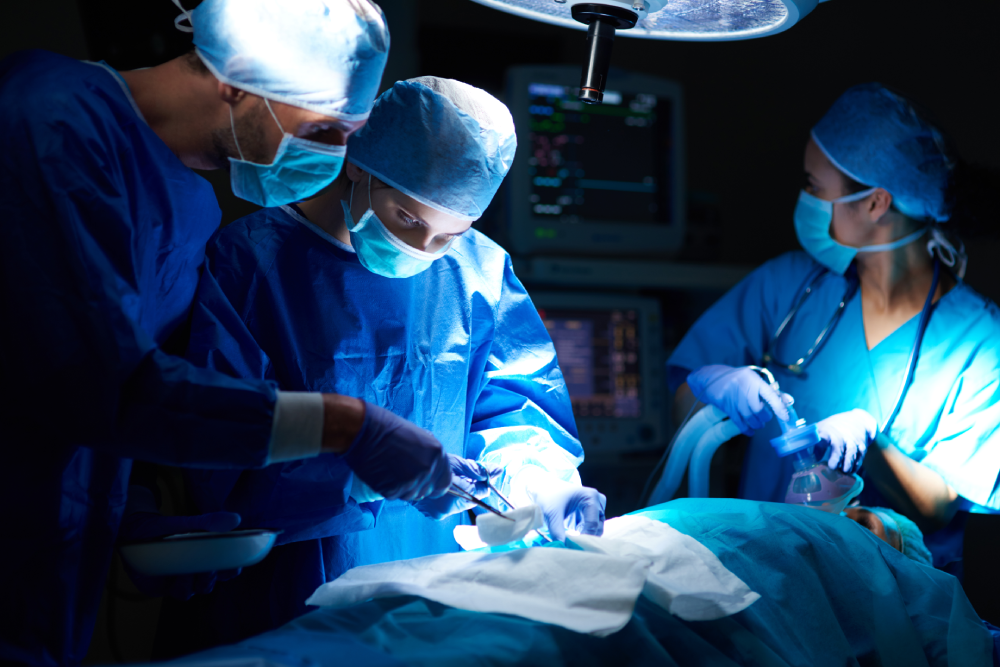Cystectomy
- Home
- Our Department
- Gynaecology
- Cystectomy

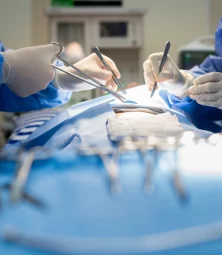

Cystectomy Surgery in Coimbatore | Bladder Removal Surgery
A cystectomy is a surgical procedure that removes the urine bladder. In men, removing the whole bladder (radical cystectomy) usually entails removing the prostate and seminal vesicles as well. In women, radical cystectomy includes the removal of the uterus, ovaries, and a portion of the vaginal wall.
Following the removal of your bladder, your surgeon will need to establish a urinary diversion – a new mechanism for urine to be stored and expelled from your body. Urine can be held and discharged in a variety of ways following bladder removal surgery. Your doctor can advise you on the best strategy for you.
Cystectomy Surgery is frequently used to treat aggressive or recurring non-invasive bladder cancer treatment . Other pelvic malignancies, such as advanced colon, prostate, or endometrial cancer, and some noncancerous (benign) disorders, such as interstitial cystitis or congenital anomalies, may also be treated with a cystectomy.

Diagnosis at Dr.Muthus Hospitals
Your surgeon may suggest one of the following techniques for your surgery:
- The procedure is open. To reach the pelvis and bladder, a single incision on your belly is required.
- Minimally invasive surgery - To reach the abdominal cavity, your surgeon creates multiple small incisions on your belly through which specific surgical tools are placed.
- You are given a medication (general anesthetic) that will keep you sleeping during the procedure. Once you're sleeping, your surgeon makes a big incision in your belly for open surgery or numerous smaller incisions for minimally invasive surgery.
- Your bladder and adjacent lymph nodes are then removed by your surgeon. Other organs around the bladder, such as the urethra, prostate, and seminal vesicles in males, and the urethra, uterus, ovaries, and portion of the vagina in women, may also need to be removed by your surgeon.
- Following the removal of your bladder, your surgeon will strive to repair the urinary system so that urine can exit your body. There are several alternatives available:
- The ileal conduit. During this treatment, your surgeon will use a portion of your small intestine to form a tube that connects your kidneys to an opening in your abdominal wall by attaching it to the ureters (stoma). Urine pours out of the orifice in a steady stream. A bag that is worn on your belly clings to your skin and catches urine until it is emptied.
- Reconstruction of the neobladder. Your surgeon will utilize a slightly bigger segment of your small intestine than the one used for an ileal conduit to build a sphere-shaped pouch that will become your replacement bladder during the development of a neobladder. The neobladder is implanted in the same area within your body as your original bladder, and it is connected to the ureters so that urine may flow from your kidneys. The opposite end of the neobladder is connected to your urethra, allowing you to urinate normally.
- A neobladder is not a brand-new, normal bladder. If you have this surgery, you may need to use a catheter to assist drain the neobladder more effectively. In addition, some persons have urine incontinence following surgery.
- Your surgeon will use a portion of your intestine to construct a tiny reservoir inside your abdominal wall during this treatment. The reservoir fills as you create pee, and you empty it multiple times each day with a catheter.
- You eliminate the need to wear a urine collecting bag on the exterior of your body with this sort of urinary diversion. However, you will need to drain the internal reservoir multiple times each day using a long, thin tube (catheter). Leakage from the catheter site may create complications or need a return to the operating room for revision surgery.
Following the process
After the cystectomy surgery in Coimbatore, you may need to stay in the hospital for up to five or six days. This period is needed for your body to heal after the procedure. Because the intestines are usually the last portion of the body to wake up after surgery, you may need to stay in the hospital until your intestines are able to absorb fluids and nutrients again.
Side effects of general anaesthesia include sore throat, shivering, tiredness, dry mouth, nausea, and vomiting. These may linger for a few days, but they should subside. Your health care provider may instruct you to get up and walk frequently beginning the morning following surgery. Walking promotes healing and the restoration of bowel function, increases circulation, and aids in the prevention of joint stiffness and blood clots.
For a few weeks following surgery, you may have pain or discomfort around your incision or incisions. Your pain should progressively improve as you recuperate. Before leaving the hospital, consult with your doctor about medications and other strategies to increase your comfort.
FAQs
Cystectomy Surgery in Coimbatore is a complicated procedure that involves manipulating several internal organs in your abdomen. As a result, cystectomy poses various hazards, including:
- Blood Clots Bleeding
- Pneumonia Infection Heart Attack
- Rarely, death might result following surgery
You may have bloody urine following neobladder reconstruction surgery. Your urine should revert to a yellowish tint after a few weeks.
You can expect to observe mucus in your urine after either Cystectomy Surgery in Coimbatore because the piece of intestine utilized in the treatment will still produce mucus-like your intestines normally do. You should have less mucus in your pee over time, but it will never totally disappear. If you have a neobladder, you may need to flush your catheter to prevent blocking if you have a lot of mucus.
Lifting, driving, bathing, and returning to work or school may be restricted for the first six to eight weeks following surgery. Your strength will gradually return, and your energy level should rise after the Cystectomy Surgery in Coimbatore. When it is safe to resume sexual activities, see your doctor. You should wait around six weeks before sexual intercourse to allow adequate healing to take place.
If you have cystectomy surgery in Coimbatore, you may be concerned about having a stoma. Consult with your medical care team to learn what to anticipate with a stoma and how to handle any of your worries. With time, you will become more comfortable caring for your stoma. As your confidence grows, you’ll be able to appreciate the people and social activities you’ve always liked.
Your new bladder begins tiny and gradually grows larger during the first several months after neobladder restoration. You may need to urinate every few hours during the day at first, or as frequently as your doctor suggests. You may be able to lengthen the period between urinating to every four hours as time goes on. It’s critical to stick to the timetable your doctor suggests so that the new bladder doesn’t expand and become too large, which might make it difficult to empty entirely.
Nerve damage following surgery may impair men’s ability to have erections. This can improve with time, but you should discuss it with your doctor and ask whether nerve-sparing procedures can be used during Cystectomy Surgery in Coimbatore. Even with nerve-sparing treatments, erectile function may take some time to restore. There are several ways for restoring erectile function following cystectomy. If this is a vital component of your rehabilitation, be patient and collaborate with your doctor. Changes to the vagina may make sex less pleasant for women following surgery. Nerve injury can also affect arousal and the capacity to have an orgasm. Consult your doctor to see if nerve-sparing surgery is an option for you. If you have sexual problems following surgery, take your time, be patient, and address your concerns with your doctor if this is an essential aspect of your rehabilitation.



